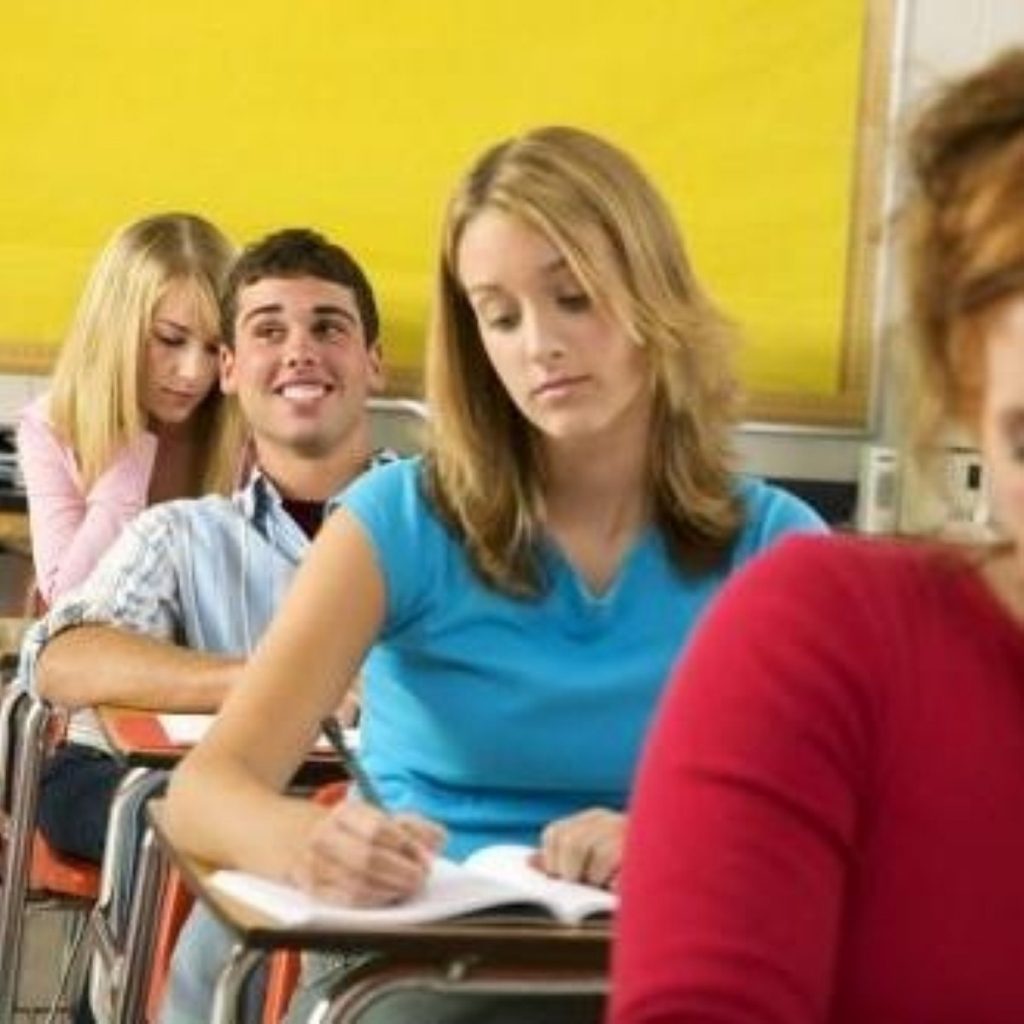Fewer pupils passing key maths tests
The number of 14-year-olds reaching an adequate level in maths has fallen while “slight improvements” have been seen in English and Science attainment.
In the past year the number of pupils achieving the benchmark level 5 at key stage three mathematics has fallen one per cent to 76 per cent of all pupils.
English and Science attainment have both risen by one per cent to 74 per cent and 73 per cent respectively.
Downplaying the slight fall in maths, schools minister Jim Knight said the results were still grounds to congratulate pupils, teachers and parents, although the government recognised the “need to focus on raising attainment” in core subjects.


Since 1997 the government maintains its educational reforms have seen an additional 100,000 pupils hitting targets in English, 95,000 in maths and 80,000 in science.
Mr Knight said: “The first three years in secondary school should provide pupils with a firm foundation to the rest of their academic life and is not a time for coasting.
“The key stage three results give a good indication of how pupils will achieve at GCSE and I am impatient to see more progress made and see more pupils reach the levels expected for 14 year olds.”
On the back of the results, the Liberal Democrats predicted the government would miss its key stage three targets, which require all schools to have half of pupils hitting level five in English, maths and science.
Lib Dem school spokesman David Laws claimed a majority of schools have a fifth of pupils falling short of the maths benchmark.
Mr Laws said: “With such limited progress, it is clear that the government must target the disadvantaged young people who under-perform when they start education and then seem to fall further behind.”
“While Gordon Brown talks about creating an educated workforce for the future, these results starkly highlight the government’s failings on education.”
In a bid to boost attainment, from September the government is introducing new lesson materials for maths, as well as a new curriculum and flexibility. To attract qualified teachers, it is also increasing bursaries to new trainees to £9,000.

